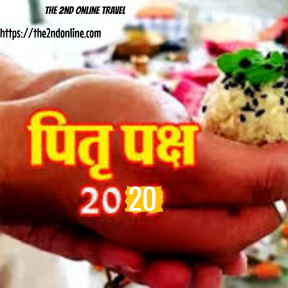RAM
The 2nd Online Travel Agency is a flourishing name in the tourism sector of Uttar Pradesh. Second Online, the word, Second Online, has been derived from the Cosmic energy/spiritual energy, which is always online and has got unseen network connectivity. It is infinite. It never goes offline.
The 2nd Online Travel Agency in Aktha, Varanasi, is a top player in Domestic/International Travel Agents in Varanasi. This well-known establishment acts as a single-stop destination servicing customers locally and from other parts of the world.
Namah Shivay!

Right away I am going away to do my breakfast, once having my breakfast
coming over again to read further news. https://vanzari-parbrize.ro/parbrize/parbrize-daf.html
If you are going for best contents like me, simply pay a visit this web page all the time since it gives quality contents, thanks https://vanzari-parbrize.ro/parbrize/parbrize-hyundai.html
Valuable info Thanks. https://like191.com/slotonline-freecredit/
Nice post. I was checking continuously this blog and I’m impressed! Very useful information specifically the last phase 🙂 I deal with such info much. I used to be looking for this particular information for a very long time. Thank you and good luck.
I would like to thank you for the efforts you’ve put in writing this website. I’m hoping the same high-grade web site post from you in the upcoming as well. In fact your creative writing skills has encouraged me to get my own web site now. Really the blogging is spreading its wings fast. Your write up is a good example of it.
I love your blog.. very nice colors & theme. Did you create this website yourself or did you hire someone to do it for you? Plz respond as I’m looking to construct my own blog and would like to know where u got this from. many thanks
Just commenting to register my support. Your opinion is well thought out Nice job!
Thanks for a marvelous posting! I seriously enjoyed reading it, you might be a great author.I will be sure to bookmark your blog and may come back in the future. I want to encourage one to continue your great posts, have a nice weekend!